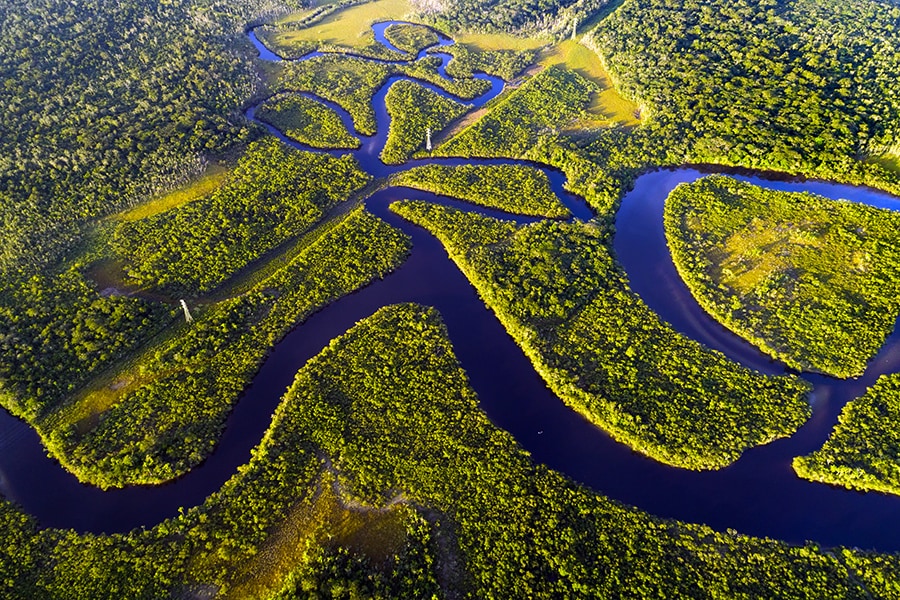
Amazon rainforest may face tipping point by 2050: study
Stress from deforestation, drought, fire and rising temperatures have eroded the ability of the Amazon's forests to withstand shocks, with scientists warning this could trigger a so-called "tipping point"
 In the latest study, published in the journal Nature, an international group of scientists estimated that between 10 and 47 percent of the Amazon will be exposed to stress by 2050 that could lead to widespread ecosystem change. Image: Shutterstock
In the latest study, published in the journal Nature, an international group of scientists estimated that between 10 and 47 percent of the Amazon will be exposed to stress by 2050 that could lead to widespread ecosystem change. Image: Shutterstock
The Amazon rainforest is facing a barrage of pressures that might tip it into large-scale ecosystem collapse as soon as 2050, according to new research Wednesday warning of dire consequences for the region and the world.
The Amazon, which holds more than 10 percent of the world's biodiversity, helps stabilise the global climate by storing the equivalent of around two decades of emissions of planet-warming carbon dioxide.
But stress from deforestation, drought, fire and rising temperatures have eroded the ability of the Amazon's forests to withstand shocks, with scientists warning this could trigger a so-called "tipping point", pitching the crucial ecosystem into irreversible transition in the coming decades.
In the latest study, published in the journal Nature, an international group of scientists estimated that between 10 and 47 percent of the Amazon will be exposed to stress by 2050 that could lead to widespread ecosystem change.
That could cause the critical ecosystem to stop absorbing or even to release the carbon it stores, further driving global warming and intensifying its effects.







